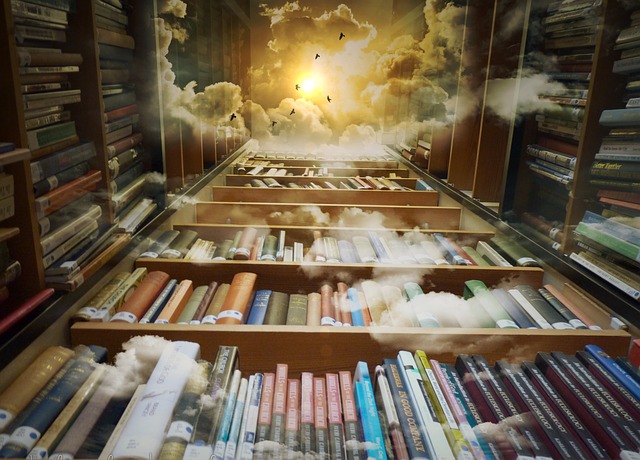Before the election I read lots of political news. I knew it wasn’t just “to keep myself informed” but because it was interesting in a horrible way, and because the outrage and sense of being right that I get when I read angry, articulate people who agree with me, is enjoyable, if maddening.
It still is. Not attractive, right? Not being my best self.
But after the election I resolved to read political news only with the purpose of figuring out what I could do. And I’ve been more politically active in the last month before than in the rest of my life combined. Something that has kept me motivated is reading Rebecca Solnit’s Hope in the Dark. She writes about the importance of taking action, of organizing for justice and progress. She writes about how small actions influence others and have consequences that we may not see for many years, if ever. She writes about a small group of anti-nuclear protesters standing in the rain outside the Capitol, and how a statesman saw them, and thought that if women with so little support, in terrible weather, felt this strongly about the issue, it was maybe worth more thought on his part.
She tells many stories like that. Some have come to ill, like Venezuela’s change in leadership. Some have been invisible; as she notes, a species saved from extinction is a preservation of the status quo–nothing looks different.
She also illuminated the difference for me between hope and optimism. Optimism may be false and even dangerous right now–things may not work out for the best, in fact they probably won’t for many people. Hope is a different thing; it is a spark that lights the darkness. When Pandora opened the box, and found hope inside as well, it did not negate all the evil that had been let out. Rebecca Solnit’s version of hope means “another world might be possible, not promised, not guaranteed. Hope calls for action; action is impossible without hope.”
She argues for activism as a lifelong pursuit. Battles may be won and lost, but the war is never truly won, and ground gained is not kept except with action. The mistakes we–I–have made as an inactive person with progressive ideas, are mistakes of inaction, of believing that because women have reproductive rights now in the US, that cannot be taken away, it does not need to be defended, and even expanded. Or if it does, that work should be done by someone else, career activists, people other than me.
One could get discouraged by the never-ending nature of the fight for more equality, better outcomes for everyone, social justice, but I think that can be a source of hope as well. I see so many well-intentioned progressive writers saying, “Don’t focus on that, focus on this, because that won’t work.” Well, that might not work, but we can learn from it, and if you don’t try, it definitely won’t work. You miss 100% of the shots you don’t take. People are capable of focusing on more than one thing at once, of trying one thing, taking a stand–which is not invisible–and then standing for the next thing.
As the early example of the small protest in the rain shows, standing up is important in and of itself. It gives questions to some, and courage to others. It says: “this matters”. In a country where oil companies that cause oil spills that contaminate the water are not called criminals, but those protesting that contamination and trying to prevent at are, it is important to point out that is wrong, as loudly as possible.
In Hope In The Dark, Rebecca Solnit looks at long-term changes in societal norms, and how those came about. Gayness used to be barely whispered about in polite society, within the memory of many living people. But gay people and their allies said you must pay attention to this, this is important, and over a generation, it went from a dirty secret to widely accepted, almost inconceivable–at least in certain circles–that gayness has anything wrong with it, though there is still far to go there too. These issues always move from fringe “crazies” agitating about an issue, through to the mainstream, and that movement is made of individual choices, conversations, protests, letters, droplets of water that carve a new path in rock.
Finally, Solnit points out that in times of crisis, people do not, actually, behave as The Walking Dead, and so much pop culture, would have us believe, with people taking advantage of lawlessness to harm one another. Instead, workers in the World Trade Center carried a paralyzed accountant down 70 flights of stairs, even fearing that the building could collapse under them at any moment. Boat owners from all around the Gulf went to New Orleans to rescue people stranded on their roofs, in defiance of the coast guard. As Solnit reminds us, no one said: if I can’t save everyone, there’s no point. They knew there was a point in saving one person. If this election showed us that we are worse than we think, perhaps it can also remind us that we are better than we think, that crisis can bring out the best in us if we let it.

